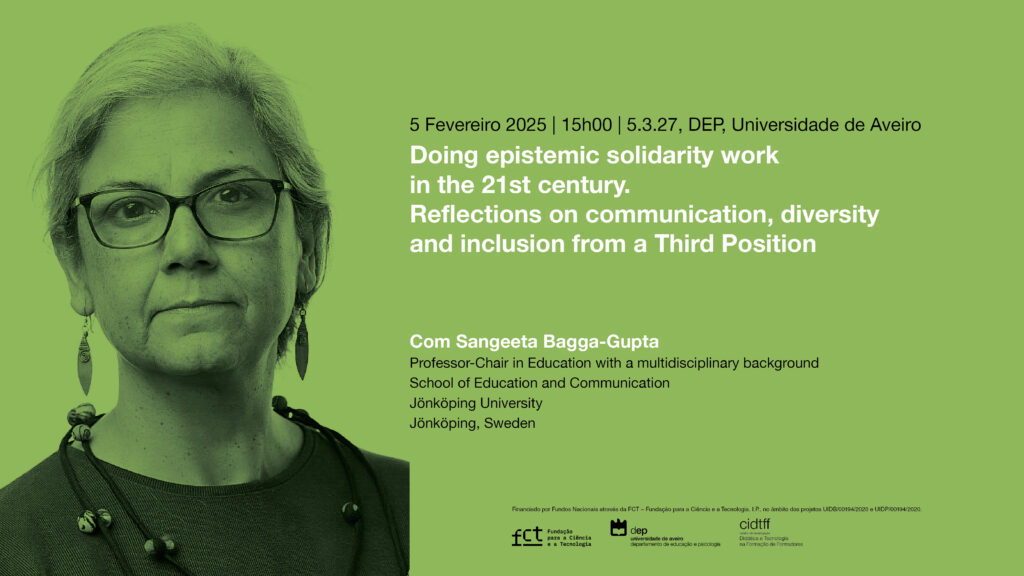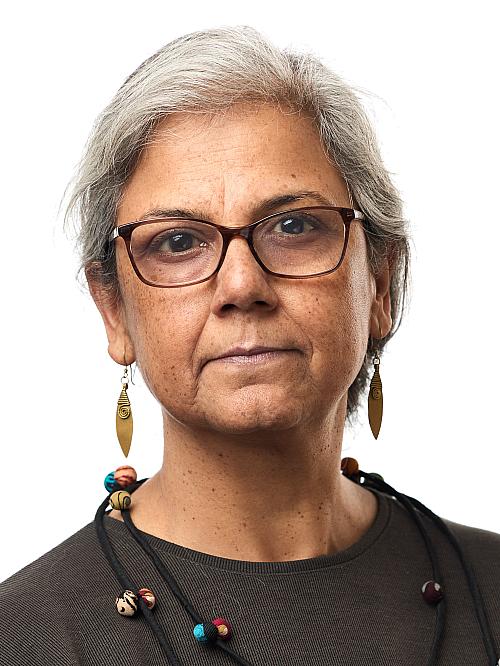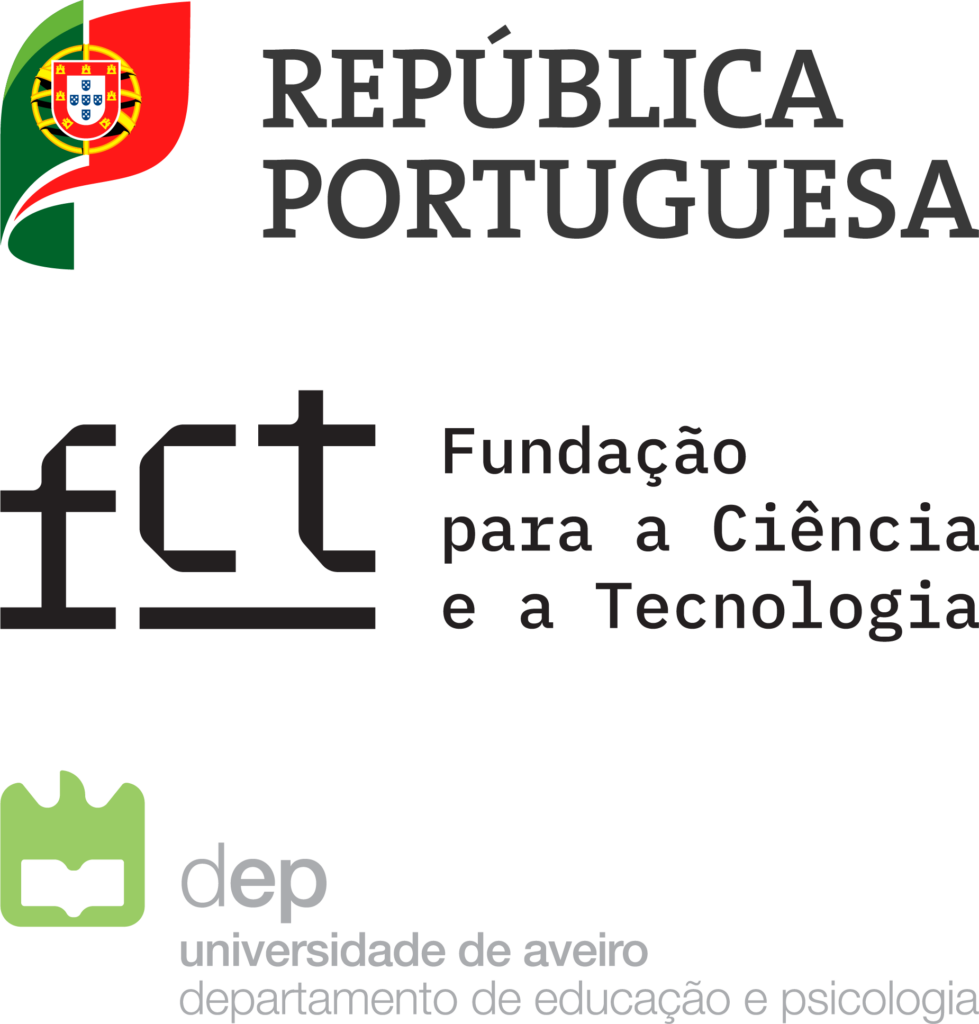No âmbito da presença na Universidade de Aveiro da professora Sangeeta Bagga-Gupta, para o júri de Doutoramento em Educação de Maria Carolina Lúgaro Izuibejeres, Helena Araújo e Sá (CIDTFF, DEP, UA) organiza uma conferência aberta a todos os interessados, a decorrer em formato híbrido (Anfiteatro 5.3.27, DEP, Universidade de Aveiro e Online), pelas 15h00 de dia 5 de fevereiro de 2025.
Intitulado “Doing epistemic solidarity work in the 21st century. Reflections on communication, diversity and inclusion from a Third Position”, será dinamizado por Sangeeta Bagga-Gupta, professora em Educação da School of Education and Communication da Jönköping University, Suécia, com um background multidisciplinar. A moderação estará a cargo de Manuela Gonçalves (CIDTFF, DEP, UA).
Sobre a conferencista:
Sangeeta Bagga-Gupta is a senior scholar of colour, has an explicit multidisciplinary and multi-field background. She has been full-professor since 2007 at the departments of Education, Gender, Rehabilitation, Communication, Language – at Örebro and Jönköping University’s, Sweden. Bagga-Gupta has held visiting professor and expert consultant positions at universities and research associations across northern-southern territories. Currently, she is visiting professor (2024-27) at both the SeDyL National Research Center (CNRS-IRD-INALCO) research Centre, Paris, France, and MANUU National University, Hyderabad, India.
Bagga-Gupta’s multidisciplinary research deals with issues pertaining to communication, identity, culture and learning from n/ethnographically framed, multi-scalar, sociocultural and decolonial framings. She is the editor of the 2025 Palgrave Handbook of Decolonizing the Educational and Language Sciences. In addition to publishing extensively in different disciplinary and multidisciplinary areas, Bagga-Gupta is multilingual in oral, written and signed languages. ju.se/en/personinfo.html?sign=BAGSAN & https://orcid.org/0000-0002-1846-858X.
Sobre a conferência:
In this conference, I will go beyond both the politics of recognition (a la Charles Taylor) and the politics of representation (a la Stuart Hall) and push for thinking that privileges doing epistemic solidarity work from southern decolonial stances. Taking the think-tank DoIT (Delaktighet och Inkluderings Tankesmedja, Participation and Inclusion Think-Tank) as an illustration, I will trouble entrenched understandings related to human (i) communication/languaging, (ii) diversity/identity, and (iii) inclusion/integration in the 21st century. I will do this by drawing attention to the banal, but potent power of dialogues and multilogues on the one hand, and of bringing together societal sectors that are invested in social justice and empowerment work in democratic societies.
Using illustrations from both DoIT and my long-term ethnographic engagement in multiple academic fields like Gender Studies, Deaf Studies, Ethnicity and Migration Studies, Media and Communication Studies, I will argue for the need to transgress the strong siloed work and dichotomies that persist in the domain of social justice work from the lens of Academic Social Responsibility, ASR. The conference will discuss the need for troubling the dichotomized ways in how social justice work gets organized (inclusion/integration versus segregation, general support versus special treatment, etc.), and how human identity is conceptualized in social equity work and in research. Implications from the thinking presented in this conference on doing epistemic solidarity work in democratically aligned societies will be presented in terms of a Third Position that decenters mainstream binaries, questions the whoness, whyness, whatness and howness of social justice work and supports the sustainable work of teachers, learners, social workers and researchers in the 21st century.
Leia aqui o flyer para toda a informação relativa à conferência.






